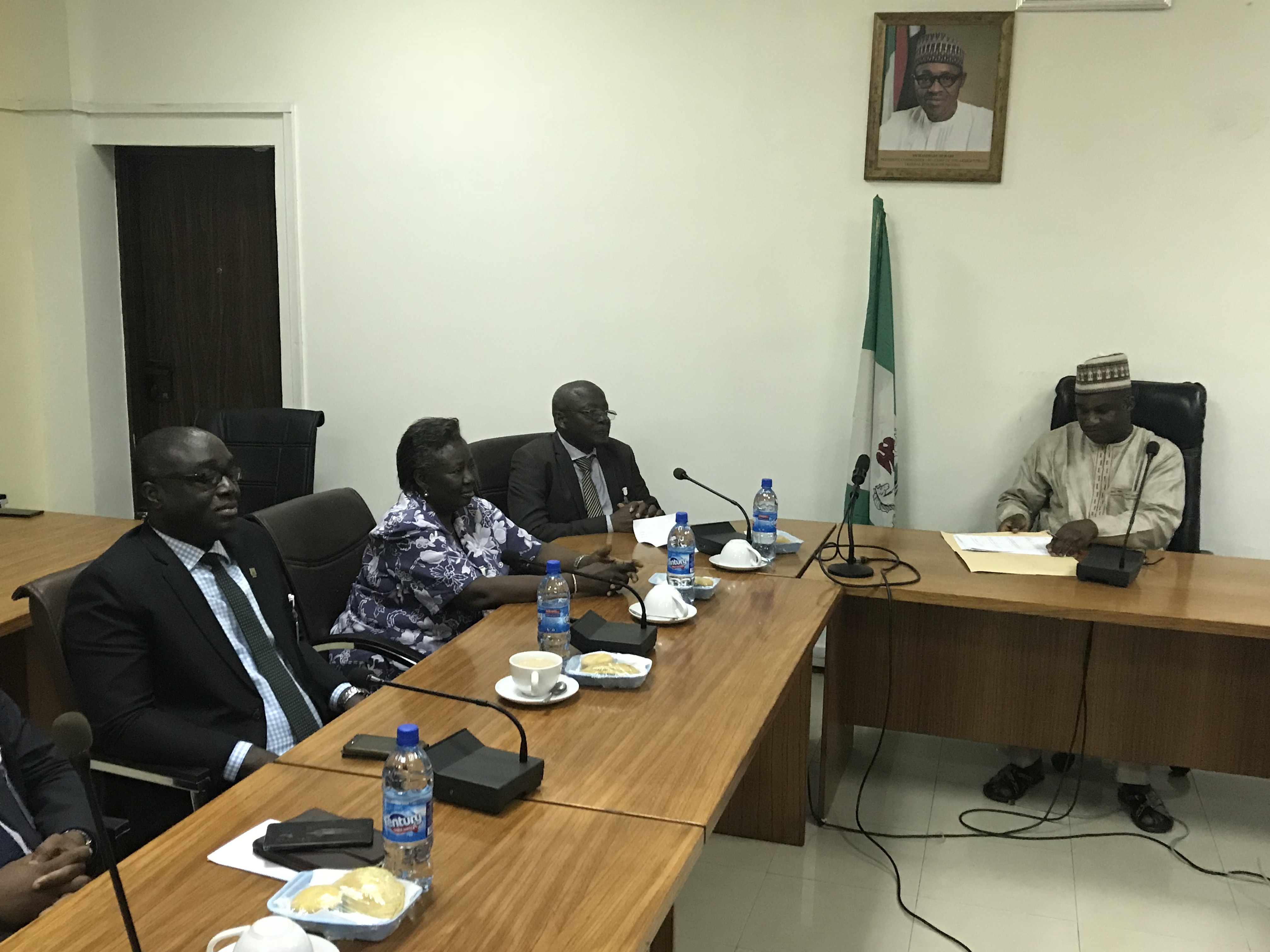Arrangements have gone into overdrive for tax evasion to be reduced to the barest minimum in Nigeria.
This obviously will be the outcome of the collaboration wrought between the Independent Corrupt Practices and Other Related Offences (ICPC) and the Chartered Institute of Taxation of Nigeria (CITN) which culminated in the signing of a Memorandum of Understanding (MoU) on staff training for ICPC recently.
The signing ceremony which took place at the Commission’s headquarters in Abuja, saw ICPC’s Acting Chairman, Dr. Musa Usman Abubakar and CITN President, Chief Cyril Ekemefuna Ede appending their signatures to the document on behalf of the Commission and the Institute respectively.
Speaking during the brief ceremony, Dr. Abubakar, declared that tax evasion was an offence punishable under the ICPC law, and that training in areas of taxation would boost the performance of operatives investigating tax and non-tax related matters. He noted that the Commission had frequently been able to nail suspects from the angle of their tax status, especially in cases that investigations seemed to have run into a brick wall.
The Acting Chairman also expressed optimism that having investigators and prosecutors of the Commission well-grounded in specialized areas will make the prosecution of offenders easier.
Earlier in his remarks, CITN President, explained that part of the Institute’s effort was to ensure that corruption did not have a place in tax administration.
Chief Ede added that to be able to confront the challenges of tax evasion, officers needed to have the requisite knowledge, reiterating that continuous training and capacity development were essential towards building a strong institution.
The CITN boss described the signing of the MoU as the beginning of a commitment towards the survival of the Nigerian project.
He also commended ICPC on the successes it had recorded since its inception, saying that the Commission’s preventive initiative was a noble idea.
Under the MOU, the CITN commits to training ICPC operatives into experts in the area of taxation, and equipping them with the required knowledge needed to fight corruption in the tax sector.

